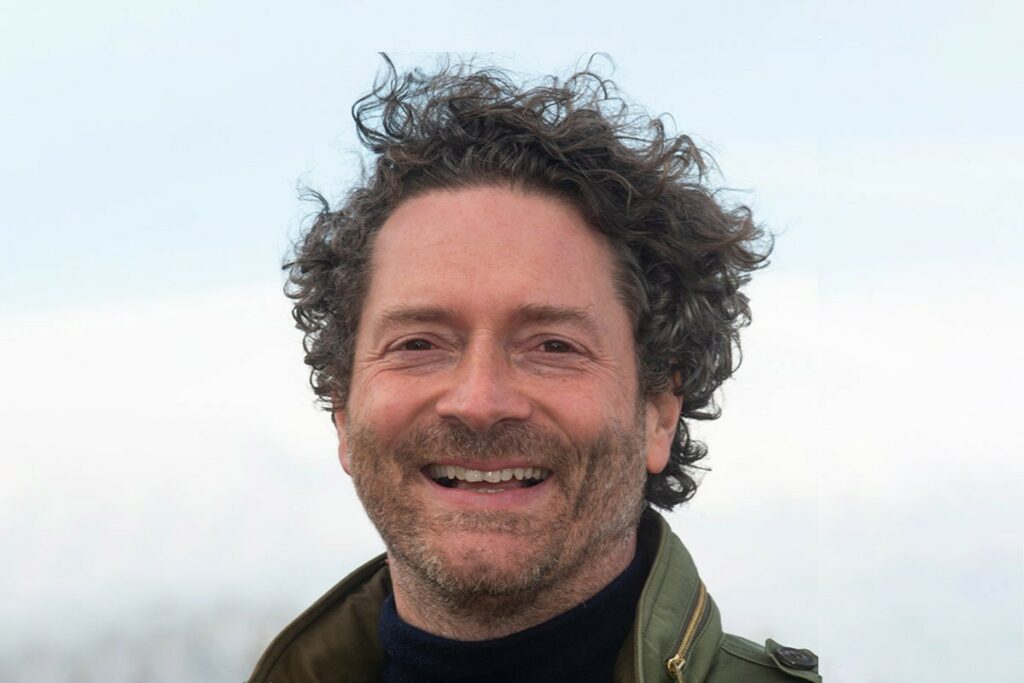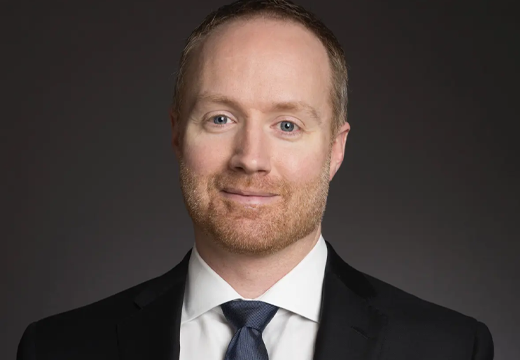GAA Responds to BBC Panorama’s ‘Salmon Farming Exposed’
In response to the May 20 BBC report “Salmon Farming Exposed,” the Global Aquaculture Alliance (GAA) has issued the following statement:
GAA is aware of the May 20 BBC report “Salmon Farming Exposed” and is working with its partners in Scotland to apprise policymakers, retailers, the public and other stakeholders of the work that’s being done to encourage responsible aquaculture practices at salmon farms around the world.
Media reports that sensationalize the impact of salmon farming fail to present a fair, balanced and comprehensive perspective of the lengths salmon farmers go to care for the environment and the animals, typically going above and beyond what the government requires, nor do they appreciate the day-to-day realities of raising live animals in natural surroundings.
Salmon farms certified against GAA’s Best Aquaculture Practices (BAP) standards are subject to rigorous annual audits; to attain certification, the farms are required to comply with the standards 100 percent, with no exceptions. The standards are comprehensive in that they encompass environmental responsibility and animal health and welfare, in addition to social responsibility and food safety. If a facility is not meeting the strict criteria that the standards require, BAP will work with the facility to address the non-conformities in a timely manner or, if necessary, strip the facility of its the certification status.
Currently, there are 50 BAP-certified salmon farms in Scotland. Overall, Scotland’s salmon-farming sector is subject to more 1,000 audits and regulatory inspections every year, in addition third-party audits from internationally recognized certification programs like BAP, according to the Scottish Salmon Producers Organization (SSPO).
The BAP standards are designed to assure buyers and consumers that the seafood they purchase is produced according to best practices. The they are continually being evaluated and strengthened by the members of a technical committee and GAA’s Standards Oversight Committee (SOC), comprising experts from academia, conservation and industry. Currently, in preparing the next issue of the BAP salmon farm standards, the salmon farm technical committee is assessing animal welfare criteria and how best to craft the standards to reinforce effective regulation and at how reporting and transparency can be used to raise performance levels. BAP also puts changes and revisions out for public consultation, and the BAP standards are benchmarked to global independent assessments.
Much work is being done globally to ensure that the salmon-farming sector is continually seeking to operate to the highest standards. This includes salmon-farming companies investing in R&D as well as entrepreneurs or the science and research community addressing the industry’s challenges and providing insight and innovation. For example, GAA is in the midst of a three-year project to identify and strengthen best practices for fish welfare and humane slaughter. This a pre-competitive project supported by a $435,000 grant from the Open Philanthropy Project.




